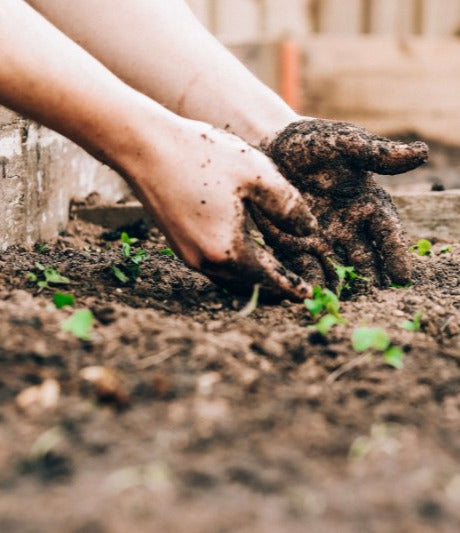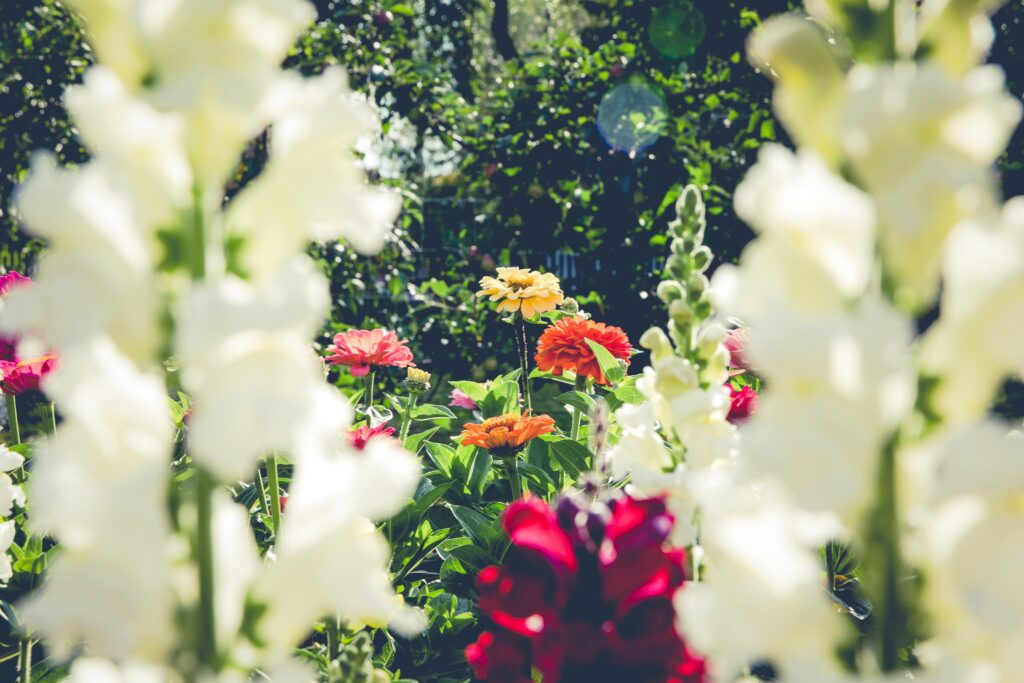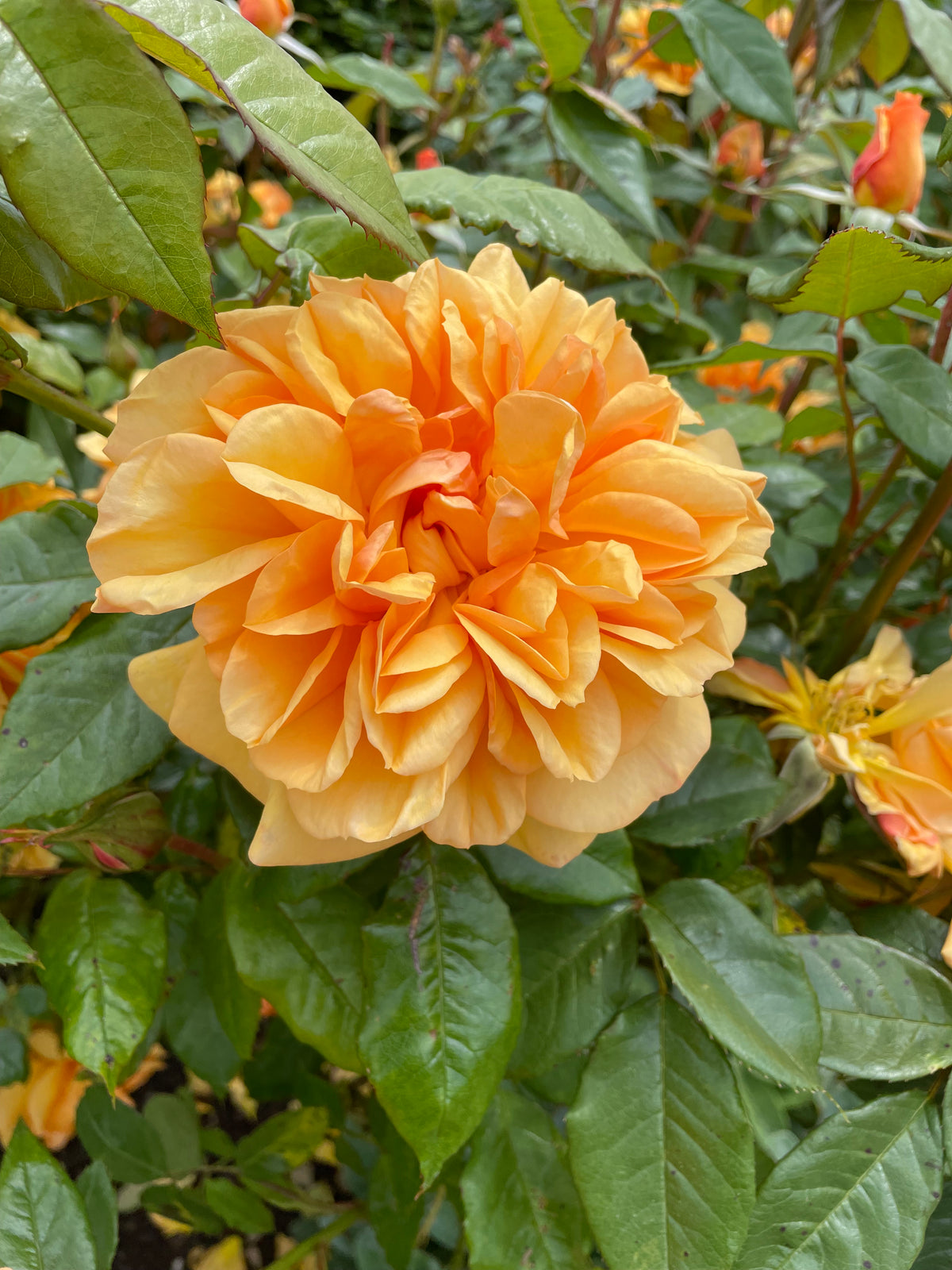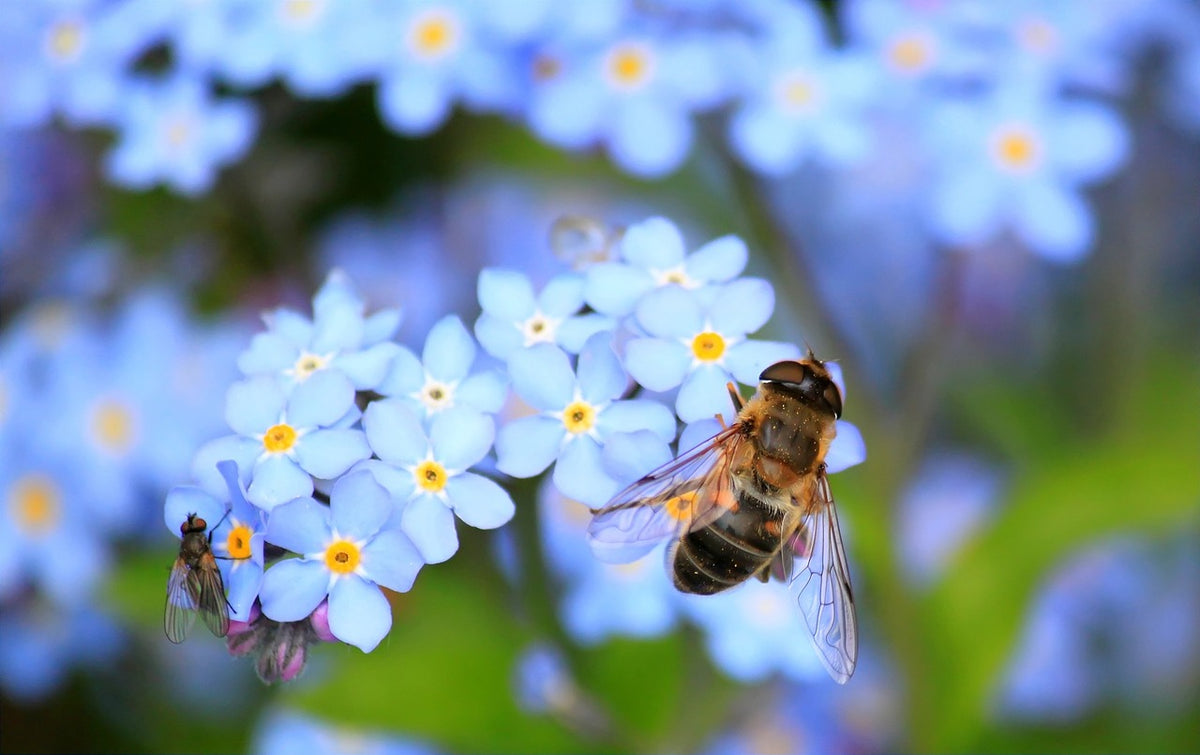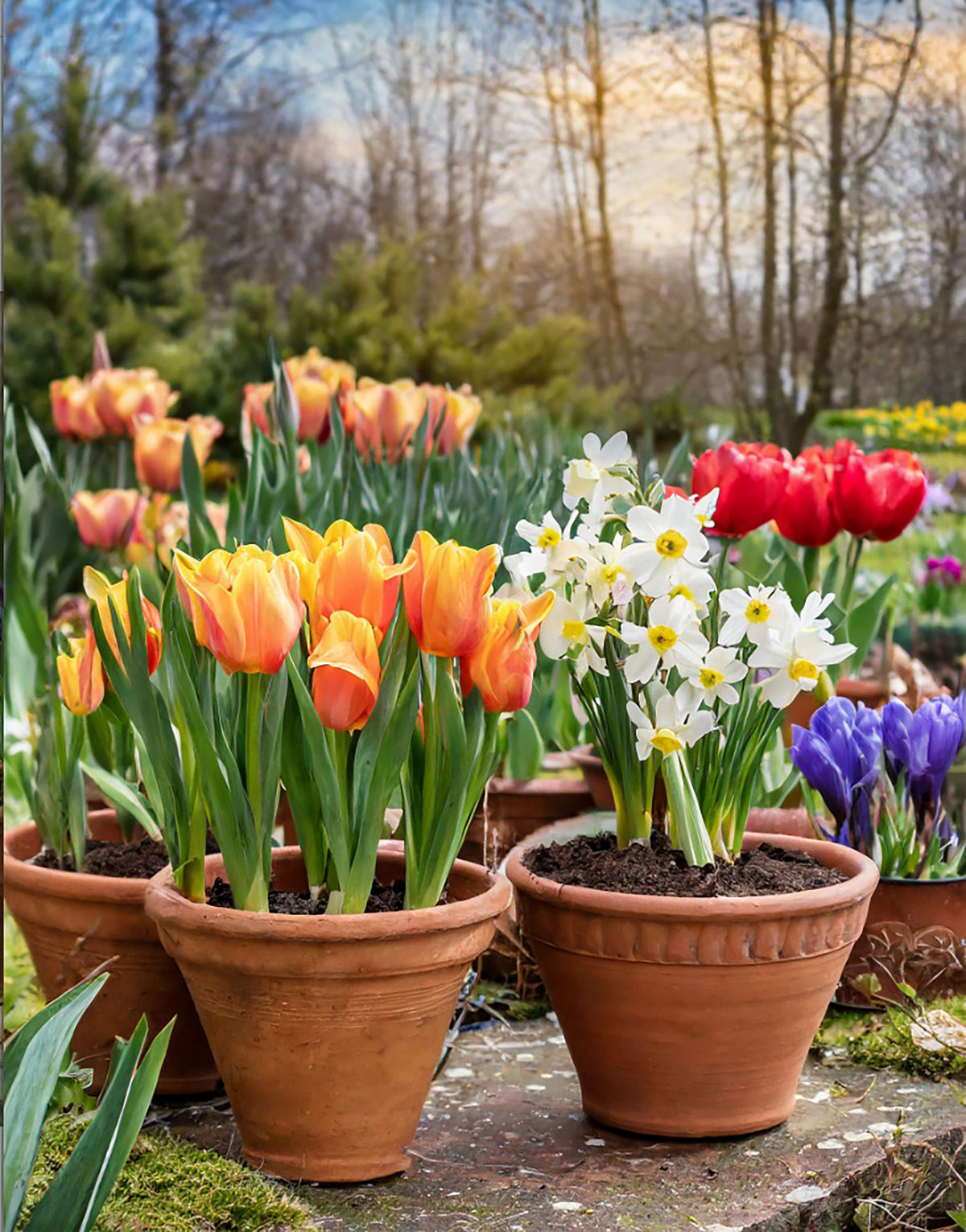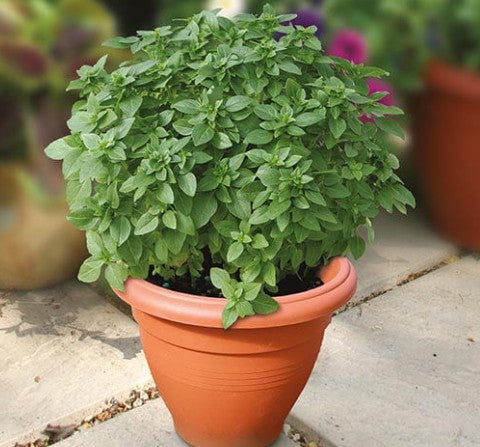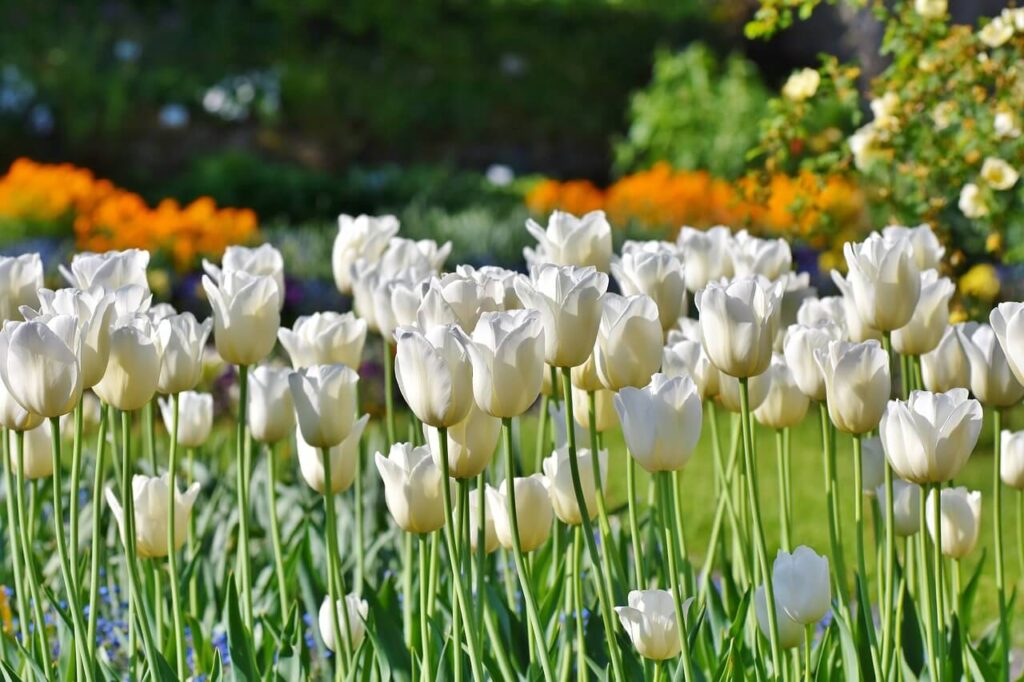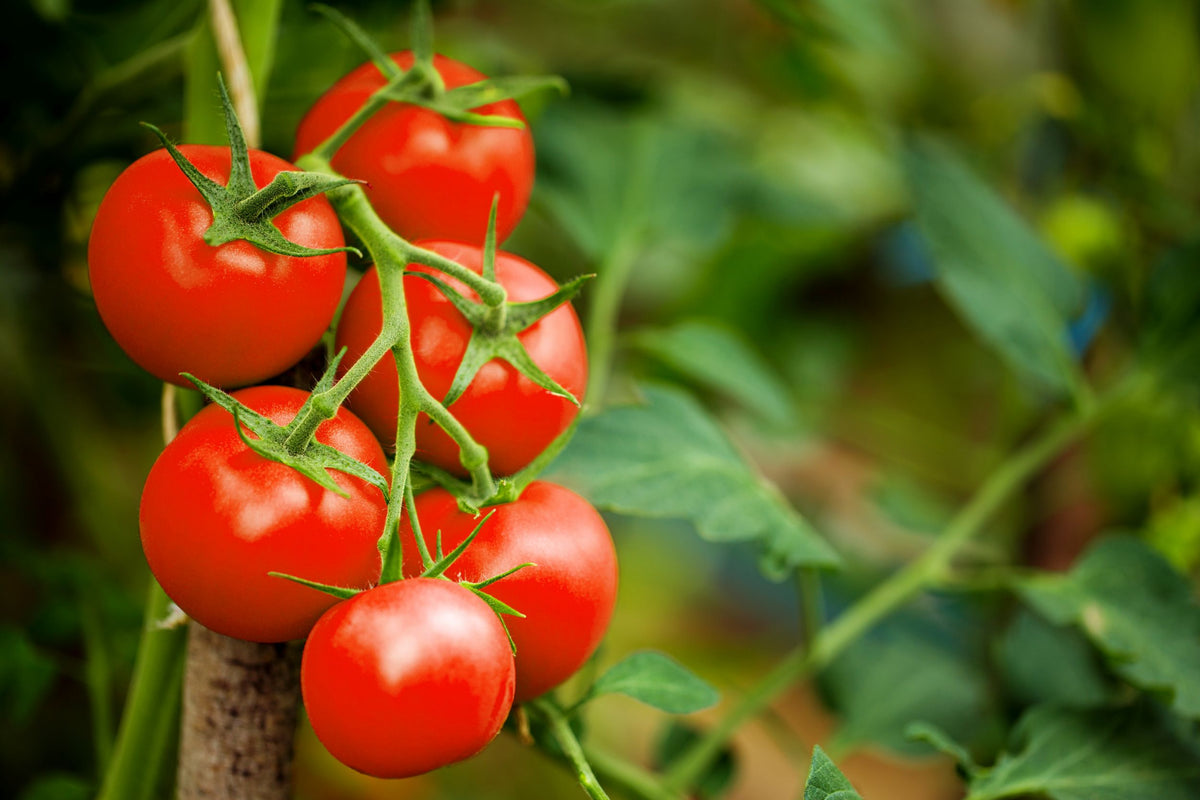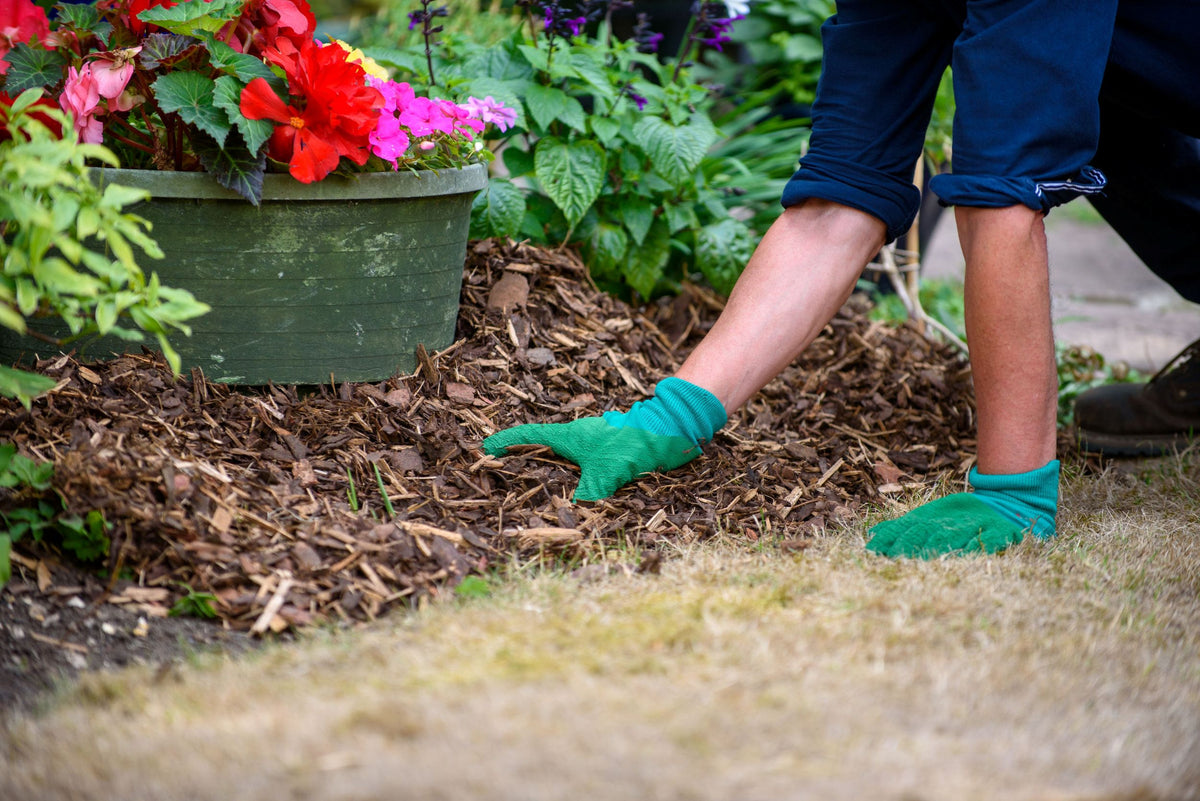There’s nothing worse than spending time and money in the garden to get it looking lovely or with the ambition of filling the larder with produce, only to find plants decimated by pests. It’s a common problem and we all know that whether bird or bug, these pesky creatures can strip a bed or lawn in a matter of hours.
Chemical treatments can be used to stop them, but if you’re keen to maintain a natural balance in the garden, then you may be considering organic pest control. If you’re struggling with pests or diseases in the garden and are keen not to use chemicals, you may be wondering where to start. Here our team share an introductory guide to organic pest control.
Benefits of using organic pest control?
There are lots of reasons for choosing organic solutions over chemical-based pest control products. Here are a few of the top ones:
- Eating – if you’re growing crops to eat, then it goes without saying that avoiding chemical treatments is better for you as well as the environment. Whilst you may consider reaching for the slug pellets in search of the perfect brassica or lettuce, be aware that these can leach into the soil or get caught up with harvests, so it’s not just about what you spray on the plants or add to watering that can be harmful to you. Also, not using chemical products can enhance the taste and remove taint from leaves and roots.
- Pets, wildlife and children – young ones and animals are less discerning about what they eat and too many chemical-based products come in ‘exciting packaging’ or have an unnatural stand-out colour that may make them appeal to inquisitive eyes. By removing these products from the shed and the garden, there’s less chance of them falling into the wrong hands – or mouths!
- Nutrient balance in the soil – our compost and soil is created from green waste, so we’re always keen to improve the quality of the green waste going into that cycle. Whilst the composting process we use kills off bugs and diseases and neutralises anything that’s been added to the soil/plants, it’s better for the environment if we all reduce chemical use and rely more on nature. Using organic pest control helps break the cycle, introducing more goodness to soil and helping to retain valuable, naturally occurring nutrients.
Companion planting for pest control
Did you know that some plants can be used together to create natural pest control? This is called companion planting and you may have seen it in use without realising why those plants are sat alongside one another – give our handy Guide to Companion Planting blog a read.
Ever seen a vineyard and wondered why there are roses at the end of each row? As well as making it look beautiful, their role is practical, and they’re used as a sacrificial early warning system for winegrowers. As well as showing signs of fungal disease and mildew before the vines do, roses also attract insects like aphids away from the vines – limiting the number hitting the tendrils during the important summer months as the grapes set.
Whilst basil and tomatoes are super flavour buddies, you can also grow them alongside one another to help protect tomato crops. Not only does the basil grow better in the warm conditions that suit tomato growing but they also act as a deterrent for aphids and white fly that can attack the tomato plant. The pungent scent and taste of basil, whilst delicious to us, is not high on the favourites lists for these pests and so by growing them alongside one another, you either scare the pests off with aroma or give them a nasty taste in their mouths if they happen to take a bite out of the wrong plant!
Garden Pest Deterrents and barriers
- Eggshells – if you’ve heard the phrase ‘like walking on eggshells’ imagine being a slug or snail and trying to slither over cracked shells! These are a great organic deterrent. Just crush up your eggshells and sprinkle them around young or tender plants; those that are the favourites of slugs and snails. It can take quite a bit of egg munching if you’ve got an allotment so use the same concept and apply grit, crushed seashells, straw or gravel to the area to achieve another uncomfortable outcome!
- Beer traps – whether you use jam, beer or honey, a sweet-smelling jar of something will appeal to all manner of flies, creepy crawlies and wasps – not only protecting your plants but also keeping them away from you so you can enjoy your outdoor time.
- CDs, DVDs, yoghurt pots and an owl – sounds like a random collection of goods doesn’t it but all of these can be used to keep birds off or away from plants and seeds. Birds are not fans of the reflective surface of CDs or their clattering sound when they’re strung together on a piece of string or fishing wire. Likewise, if you enjoy a daily yoghurt drink and you’ve got lots of bottles or pots, simply upturn them onto bamboo canes and allow them to rattle in the wind. The ultimate deterrent is a predator but you don’t need to take up falconry… Just invest in a ceramic or plastic owl to sit on the top of the shed and you’ll find that seagulls and pigeons will avoid it for fear of becoming lunch themselves!
- Copper – cuffs, collars or even copper wire is a great, traditional method of keeping slugs and snails away from plants and shoots. Even without a connection, copper wire emits a very low voltage – undetectable to the human hand but like an electric fence to a slug or snail. You can buy purpose-made copper rings from plenty of gardening outlets, but fuse wire works just as well, as long as you make a loop and the invader has to cross over the wire to get to the plant.
Natural predators to stop garden pests
As well as the plastic owl above, you can also use living creatures to maintain and control pests in the garden. Whilst there’s no guarantee they will stay, many will stick around and feast on the aphids and various flies that are gorging on your roses and plants. Top of the list must be the ladybird. These love a green fly and so if you can encourage them onto the relevant plant they’ll stay until its clean and clear. You can buy ladybirds online as larvae or adults – with larvae often having greater retention rates as they stay close to their nesting site.
Nematodes are tiny, microscopic organisms that can live in your soil eating the larvae and eggs of various pests. These are particularly useful for killing leather jackets; the pupae laid in the grass by crane fly (Daddy longlegs) during early autumn and which come to life in the spring – eating the roots and destroying a lawn in days. Nematodes need replenishing every so often, but most lawn experts will tell you a few years of regular use will do the trick. Again, you can buy these online, add them to a watering can and sprinkle over a moist lawn in the autumn and spring for maximum impact.
Remove and destroy!
Sometimes, deterring pests is not enough and from time to time, you’ll have a pest that just needs eradicating. May we present the lily beetle…
If you’ve not encountered these guys, then lucky you. They will literally take out an entire lily plant in a matter of hours, and they’re wily too. Whether they’ve evolved to evade the gardener or it’s a natural defence mechanism, when you find them, you need to remove and destroy them as quickly as possible or they will go into stealth mode. Whilst bright red the right way up, if they smell danger, these guys scream (just about audible) to alert their mates and then fall, as one, off the plant, onto their backs and present their soil-coloured undercarriage. Whilst you may just about be able to hear the scream, you will never (ever!) spot them in the soil.
So, you must get them before they have a chance to raise the alarm. As if that’s not enough, they lay their eggs on the underside of leaves and then cover them in their own faeces. You may mistake this for soil/mud but it’s not – it’s next year’s gardening hit squad!
Earth Cycle
We are Earth Cycle love everything garden and allotment-based and that’s why we want to help out as much as possible! If you want some more hints and tips about gardening, take a look at our handy blog. We’ve got all sorts of helpful articles from growing wildflowers to how to mulch a garden.
We also are suppliers of all the gardening and allotment materials you need. From topsoils and composts to mulches and gardening tools. All our products can be delivered across the UK - take a look through our product range today and let’s get gardening!






